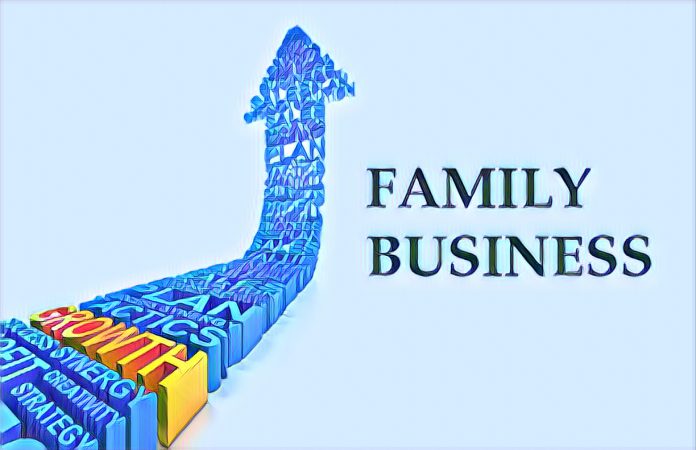Family businesses play a crucial role in Nigeria’s economy. Yesterday, stakeholders convened at a First Bank event aptly titled “My Family My Business.” They highlighted the importance of ensuring these businesses thrive for generations. Why? Because these enterprises inject nearly $200 billion into the nation’s economy each year and create millions of jobs.
Dr. Jumoke Oduwole, adviser to President Bola Tinubu on the Presidential Enabling Business Environment Council (PEBEC), shed light on family businesses that stand the test of time. For instance, the Ibru family’s success story is well-known. Remarkably, enterprises like these account for 60% of Nigeria’s Micro, Small, and Medium Enterprises (MSMEs). Furthermore, they contribute a significant portion, over half, of the nation’s Gross Domestic Product (GDP).
“Consider this: 23.8 million family businesses in Nigeria offer millions of jobs,” Oduwole pointed out. “Annually, they contribute nearly $200 billion. Their economic role is clear.”
She added that 150 established family businesses employ over 30 million people on a global scale. Their combined revenue? A whopping $9 trillion per annum.
Expressing government support, Oduwole said, “We understand their economic value. Collaborative efforts can pave the way for even greater growth.”
Idowu Thompson of FirstBank highlighted a critical point. The younger generation must step up for these businesses to maintain their momentum. External experiences can be invaluable, especially in accounting and bookkeeping.
“Today’s wealth? Years of savings and careful fund management built it,” Thompson noted. “It’s less about lifestyle and more about balance.”
According to a report by The Guardian, PwC Nigeria’s Sam Abu gave a broader perspective. He stressed that private businesses are taking the lead globally. The 100 wealthiest individuals in Nigeria boast a combined wealth of $68 billion. The top three family businesses also claim over $20 billion in market capitalization.
Yet, challenges loom. Abu shared that only 38% of the next-gen are active in family businesses. A mere 25% of these businesses have a structured succession plan. Trust issues and environmental, social, and governance (ESG) concerns also threaten sustainability.
In conclusion, Abu emphasized, “Family businesses are Nigeria’s economic backbone. The government’s role is to offer a favorable environment for their continuous success.”



